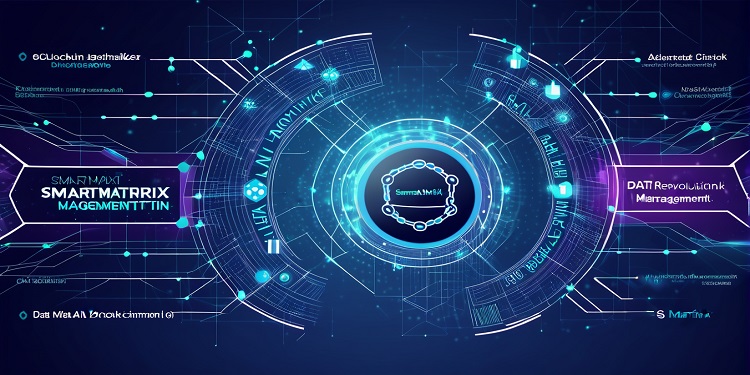 Quantum computers would have to grow to approximately a million times their current size in order to crack the algorithm that protects bitcoin, putting the cryptocurrency at danger of hacking. The bitcoin network is secured by machines called miners, which use a cryptographic method called SHA-256 developed by the US National Security Agency.
Quantum computers would have to grow to approximately a million times their current size in order to crack the algorithm that protects bitcoin, putting the cryptocurrency at danger of hacking. The bitcoin network is secured by machines called miners, which use a cryptographic method called SHA-256 developed by the US National Security Agency.
Breaking this encryption is nearly hard for conventional computers, but quantum computers, which can take use of quantum physics’ features to accelerate certain operations, may possibly do it.
Currently, Mark Webber and team at the University of Sussex in the United Kingdom have explored the size of the quantum computer required to crack bitcoin in units of qubits (or quantum bits), the quantum computing counterpart of traditional computing bits. A bitcoin transaction needs to be endorsed by the miner’s network before including it on the blockchain, which is a perdurable database consisting of ownership details needs to be “verified” by the network of miners.
During this validation procedure, each trade is issued a cryptographic key, and breaking the key enables you to acquire possession of the bitcoins. “Transactions are publicized, and each transaction is connected with a key,” Webber explains. “And there is a limited period of opportunity during which the key is susceptible, which varies, but is often between ten minutes and an hour, if not a day.”
According to Webber’s team, deciphering bitcoin’s encryption within a 10-minute timeframe would necessitate a quantum computer with computing power of 1.9 billion qubits, while doing it in an hour would need a system with 317 million qubits. Even when a full day is considered, this amount lowers only to 13 million qubits.
This is comforting report for bitcoin owners as prevailing machines have only a small percentage of this capacity – IBM’s record-setting superconductor based quantum computer has a computing power of only 127 qubits, meaning that gadgets would have to grow a million times bigger to present a risk to the cryptocurrency, which Webber believes will take another decade.
While bitcoin is safe for the near term, there are worries about rest of the encrypted data that has a far larger attack surface. Once a quantum computer is accessible, an encrypted email transmitted today may be gathered, saved, and decoded in the future — referred to as “collect now, decode later” assault, which certain security professionals say is already occurring.
“People are indeed concerned because encrypted communications can be saved and decrypted in the long term,” Webber explains. “Therefore, there is widespread fear that we must immediately update current encryption algorithms, since they will become insecure in the years ahead.”








